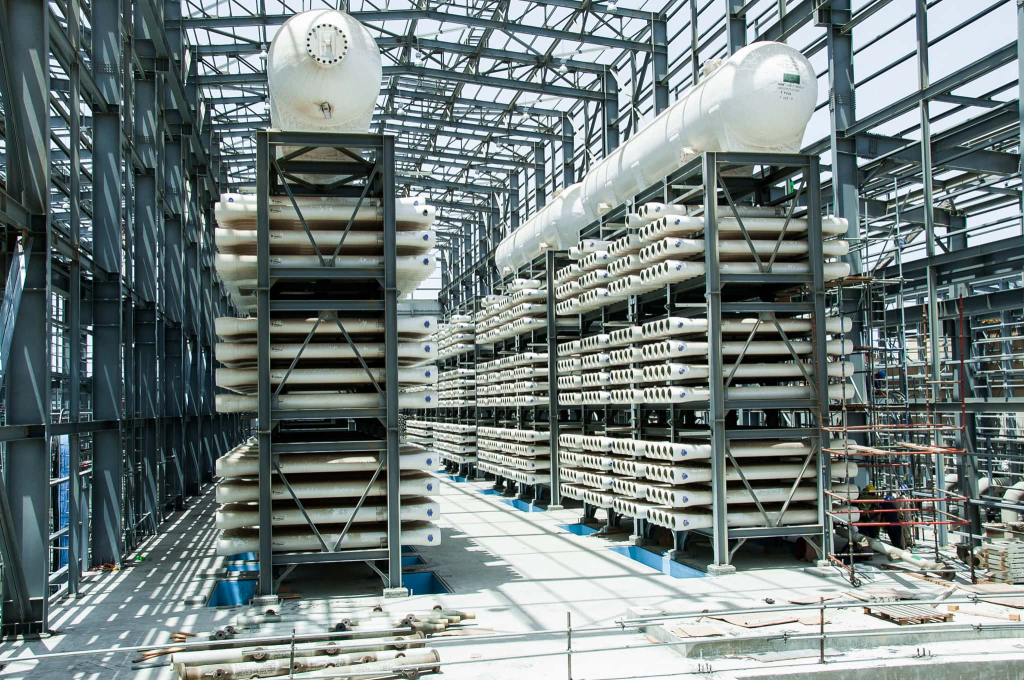The Role of Sewage Treatment Plants in Environmental Preservation

Sewage treatment plants are important for the protection and preservation of our environment. As human population continues to grow, so does the amount of wastewater generated, making proper sewage treatment essential for maintaining a clean and healthy environment.
They remove harmful pollutants from wastewater
One of the main functions of a sewage treatment plant is to remove harmful pollutants from wastewater before it is discharged into bodies of water such as rivers, lakes or oceans. This helps prevent contamination and protects aquatic life from being harmed by toxic chemicals or excessive levels of nutrients. Wastewater contains a variety of pollutants including organic matter, pathogens, and chemicals from household and industrial activities. Through a series of physical, chemical and biological processes, sewage treatment plants are able to effectively remove these pollutants and produce clean water that is safe for the environment.
Reduces the risk of waterborne diseases
Sewage treatment plants play a crucial role in reducing the risk of waterborne diseases. Without proper treatment, wastewater can contain bacteria, viruses and other pathogens that can cause serious illnesses such as cholera, dysentery, and typhoid fever. By treating wastewater before it is released into the environment, sewage treatment plants help prevent these diseases from spreading through contaminated water sources. This not only protects the health of humans but also that of animals who rely on clean water for survival.
Prevents eutrophication in bodies of water
Eutrophication is a process where excessive nutrients, such as nitrogen and phosphorus, lead to an overgrowth of algae in bodies of water. This can have negative effects on aquatic ecosystems by depleting oxygen levels and causing harm to fish and other organisms. Sewage treatment plants play a crucial role in preventing eutrophication by removing excess nutrients from wastewater before it is discharged into water sources.
Helps conserve freshwater resources
Sewage treatment plants help conserve freshwater resources by recycling treated wastewater for various purposes. The treated water can be used for irrigation, industrial processes, and even as a source of drinking water in some cases. By reusing treated wastewater, sewage treatment plants reduce the demand for freshwater resources and promote sustainable water management.
Contributes to environmental protection
By effectively treating pollutants from wastewater, sewage treatment plants contribute to protecting the environment and its delicate ecosystems. This includes safeguarding aquatic life, preserving biodiversity, and maintaining a clean and healthy environment for all living beings. The proper treatment of wastewater also helps prevent contamination of soil and groundwater, which can have long-term effects on the environment.




